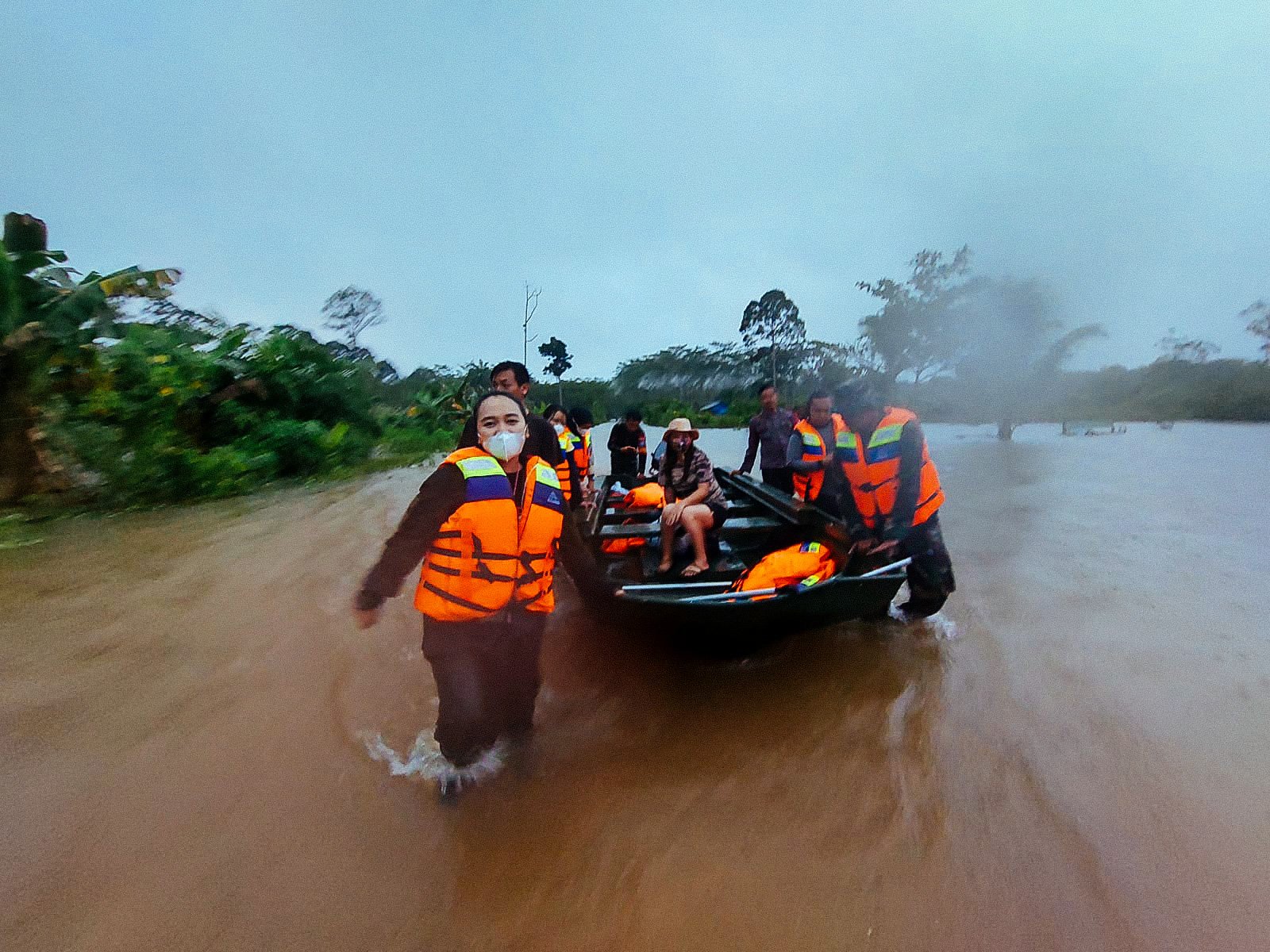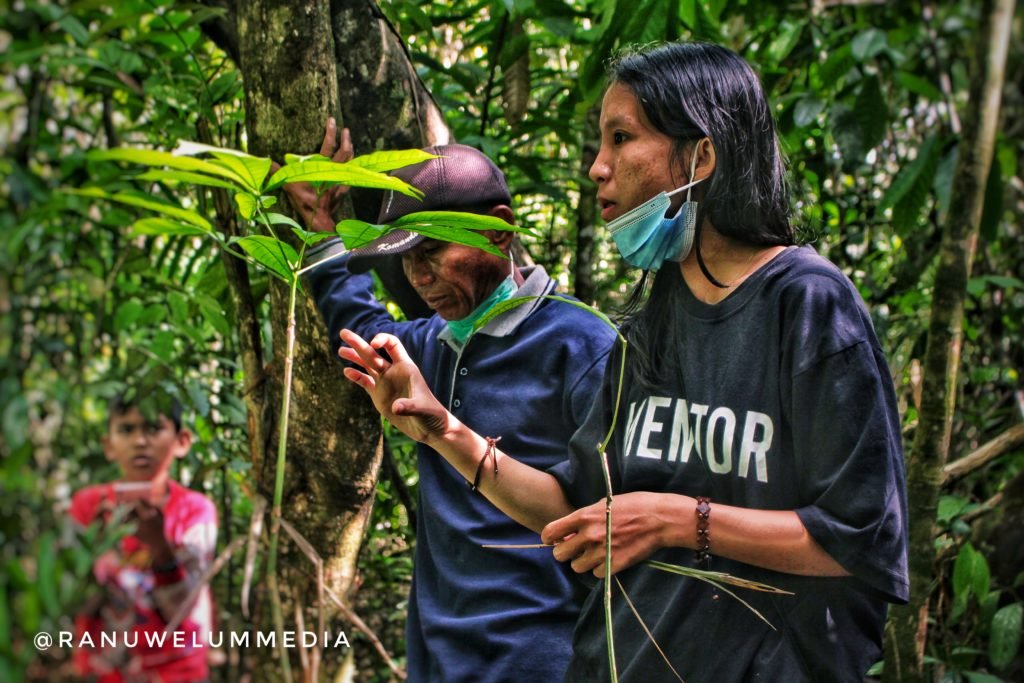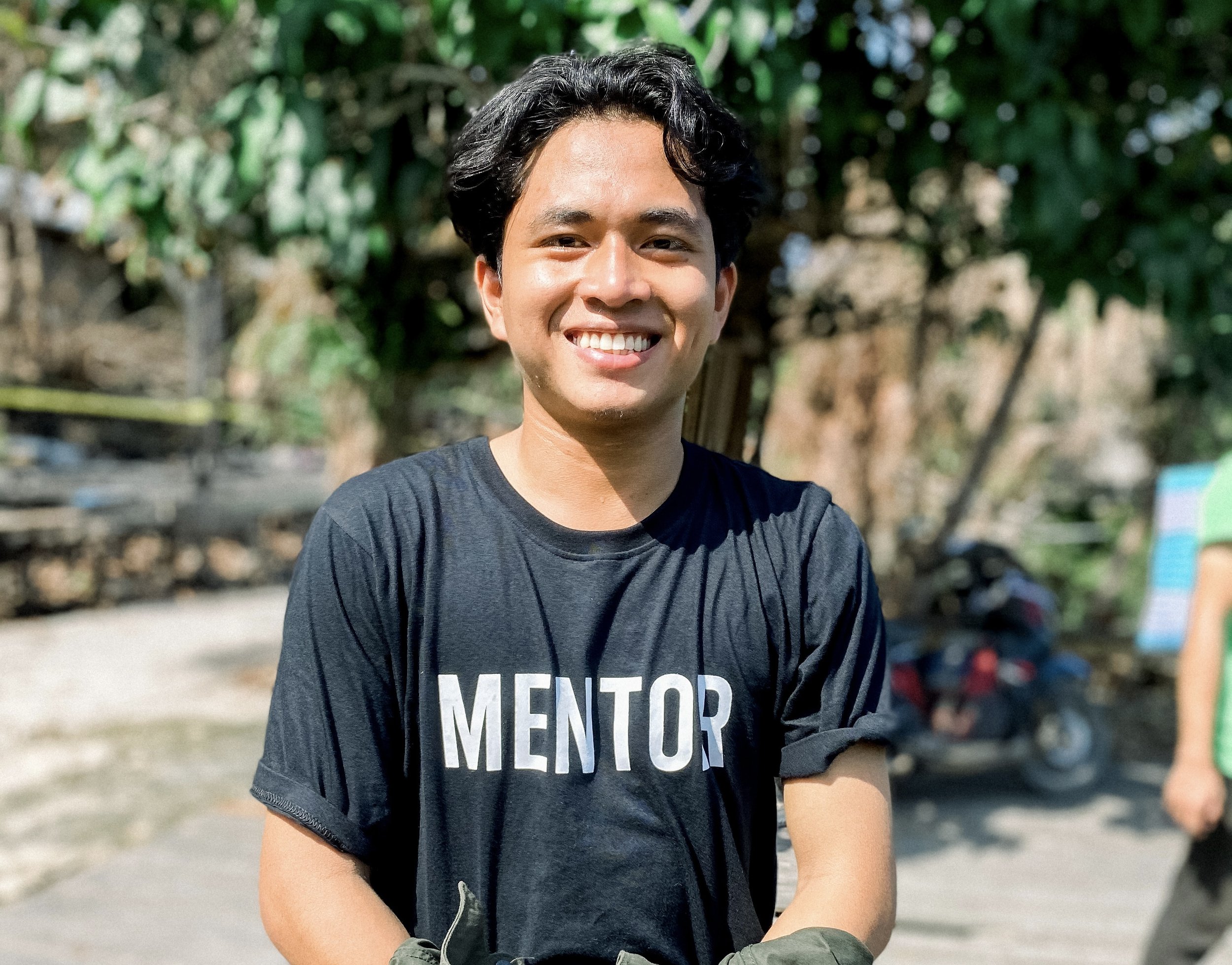Damaged ecosystems can be restored to their original state, but only with the right processes. This is the story of the Heartland Project’s journey with the 2021 Restoration Stewards program, the challenges we encountered and the solutions we discovered while recovering peatland forests damaged by forest fires in Kalimantan on the island of Borneo.
Throughout 2021, the Heartland Project team and I had to deal with a variety of external issues that compelled us to adapt to the situations. First, in early 2021, the weather was extremely hot, causing many of the tree seedlings we had just planted in the forest to perish due to their inability to adapt to their new surroundings. This necessitated special attention to tree seedlings and replacing dead trees atour tree planting sites with native tree species that were more resistant to extreme weather conditions.
Due to the pandemic, many parts of Indonesia were put into lockdown during the project, including the area where we operated. Several of our field activities had to be canceled as a result. This enabled us to be more creative and innovative in utilizing online platforms to deliver our programs and reach a larger audience.
At the end of 2021, a huge flood calamity followed, displacing thousands of people in the Kalimantan region. Access roads were cut off to numerous villages, resulting in a total economic collapse, water and food shortages, the disruption of health services, and the closure of schools. We also had trouble getting to our tree planting site as a result of the road closures.
However, there is a solution to every difficulty, as expressed by my mentor, Dyah Puspitaloka, during one of my mentoring sessions with her. I am grateful to be part of the 2021 Restoration Stewards program because it offered me the opportunity to study with a mentor who has extensive expertise and an in-depth understanding of peatland ecosystems and Indigenous Peoples. My mentor frequently shared her insights with our team and connected us with a variety of ecosystem restoration specialists and practitioners. They were eager to share their success stories and answers to the difficulties that our team experienced during the program year.
Despite many hurdles and challenges, we were able to mobilize more than 200 young people and five Indigenous groups to plant approximately 2,000 trees in five areas of Kalimantan with the support of the Global Landscapes Forum. We have also nurtured 50 young Kalimantan leaders into green warriors with a profound understanding of ecosystem restoration and a strong commitment to protecting Kalimantan’s forests. These green warriors have leaped in and stood at the forefront of helping the community during the flood disaster at the end of 2021, in addition to being personally involved in planting trees to rehabilitate burned and damaged forests. They have also been taught how to protect the forests of Kalimantan from fire.
Being adaptable and resilient, I feel, is the key to being a great restoration leader. The 2021 Restoration Stewards program has assisted me in developing these two qualities. I will always be grateful for every step of this one-year journey as the peatlands Restoration Steward for 2021.






